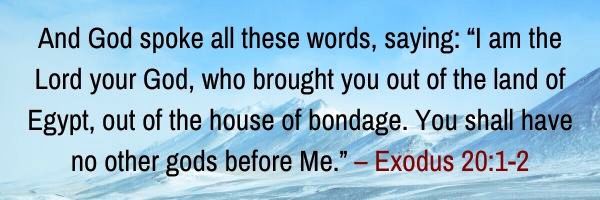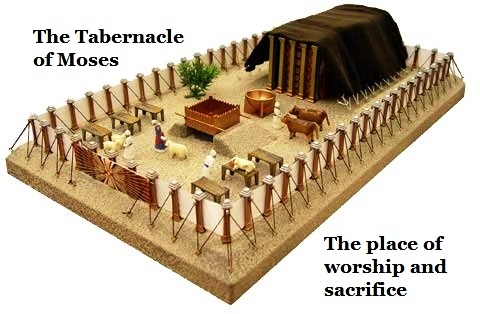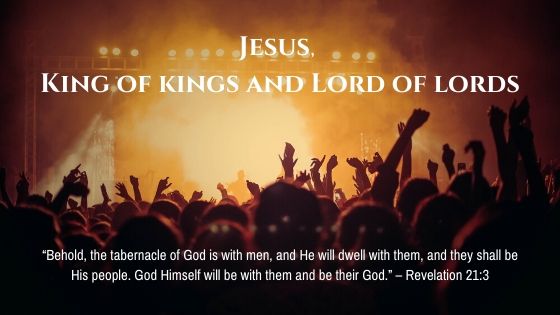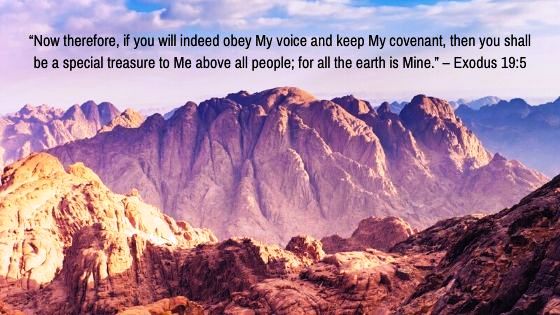The best-known covenant in the Bible is the one God made with Moses on Mount Sinai. This is the second of the theocratic covenants (after the one with Abraham) that elaborates on how God relates to His people as their sovereign Lord.
Unlike the Abrahamic Covenant, the Mosaic Covenant was conditional as it is introduced by the condition: “Now, therefore, if you will indeed obey My voice and keep My covenant, then you shall be a special treasure to Me above all people; for all the earth is mine” (Exodus 19:5).
The Form of Covenant
The Mosaic Covenant was given to and accepted by the nation of Israel (Exodus 19:6-8) so that those who believe God’s promise given to Abraham in the Abrahamic Covenant (Genesis 12:1-3) would know how they should conduct themselves.
When God initiated a relationship with Moses and the Israelites at Sinai, He utilized a covenant style universally understood in the second millennium before Christ. The covenant begins with a preamble identifying the Lord as the absolute Sovereign (Exodus 20:1-2; Deuteronomy 1:1-5), followed by a brief history of relations between the Lord and His subject people (Exodus 20:2; Deuteronomy 1:6 – 3:29).

The bulk of the covenant is the stipulations that the subject people must observe (Exodus 203 – 31:17; Deuteronomy 4 – 26). The covenant is then sealed with an oath of allegiance and its accompanying blessings for obedience and curse for disobedience (Exodus 24:1-11; Deuteronomy 27:1 – 28:68; Joshua 8:30-35).
Finally, there is a list of witnesses and directions for keeping the covenant (Exodus 24:4; Deuteronomy 31:16 – 32:47).
Three Areas of Life Governed by the Covenant
God’s covenant with Moses found originally in Exodus and expanded in Deuteronomy, governed three areas of Israel’s life:
1) Personal Life
First, the (Ten) commandments in the covenant governed the personal lives of the Israelites in their relationship with God (Exodus 20:1-26). While all the Ten Commandments deal with Israel’s (and our) responsibilities toward God, the first four are particularly God-ward (Exodus 20:1-11) while the last six are man-ward (Exodus 20:12-17).
*Related Article: The First and Greatest Commandment of God
Now, why do you think the covenant has its focus first and foremost in the people’s relationship with God? It’s because generally, how we relate to others depends on how we relate to God, for if we love God and obey Him, we’ll also love our neighbors and serve them (Matthew 22:34-40; Romans 13:8-10).
2) Social Life
The judgments governed the people’s social lives in their relationship with one another Exodus 24:1 – 24:11). Exodus chapters 21 to 24 deal with the rights of each person, his properties (money, animals, etc.), how he should conduct himself, social justice, observance of the sabbatical year and national feasts, conquest regulations and how the covenant is ratified through blood.
Let’s take for instance Exodus 21:12-17. The laws outlined here are laws regarding capital crimes and are the logical application of the sixth commandment, “You shall not murder” (Exodus 20:13; Leviticus 24:17). We’re made in God’s image, so to murder a fellow human being is to attack the image of God (Genesis 9:6).
If a person was found guilty of murder on the testimony of two or more witnesses (Numbers 35:30-31), then the murderer was killed.
Exodus 23:1-5 is a call for justice, an amplification of the ninth commandment (Exodus 20:16), a warning not to endorse falsehood and promote injustice because of what the crowd is doing (Leviticus 19:15-16; Deuteronomy 22:13-19).
Nor should God’s people be influenced by the wealth or the poverty of the accused or by the bribes people offer them for their support (Exodus 16:18-20; Isaiah 1:23; Micah 3:11). To condemn an innocent person for personal gain is to become guilty before God, and God doesn’t acquit the guilty (Exodus 23:7).
3) Religious Life
Finally, the ordinances governed the people’s religious lives so that they would know how to properly approach God (Exodus 24:12 – 31:18).
The promise of the Lord in Exodus 6:6-8 was now about to move into its third phase. God had redeemed His people (Exodus chapters 1 – 18) and taken them to Himself as His people (Exodus chapters 19 – 24); now He was about to come and dwell among them and be their God (Exodus chapters 25 – 40).

This area governed by the Mosaic Covenant focuses on the design, construction, and dedication of the Tabernacle which is how the people of God can approach Him. Man cannot come to God in any way other than that which He ordained. Therefore, God commanded the Jews to build the Tabernacle so that He can fulfill His promise to be Israel’s God by coming to the camp to dwell with His people.
God met with His people at the Tabernacle of Moses set up for worship and sacrifice. Today, God’s people meet with Him through prayer, Bible reading and meditation, worship, service, and sacrifice which can be done individually (at home or in any in a private setting) or through corporate worship and fellowship (church setting).
Worshiping God is the highest privilege and the greatest responsibility of the Christian life because God is the highest Being in the universe and the One to whom we must one day give account. Everything that we are and do flows out of our relationship with the Lord.
God created us in His image so we might love Him and have fellowship with Him, not because we have to but because we want to. God is seeking people who will worship Him “in spirit and in truth” (John 4:23-24).

Conclusion
The Mosaic Covenant in no way replaced or set aside the Abrahamic Covenant. Its function is clearly set forth by Paul (Galatians 3:17-19), who points out that the law, the Mosaic Covenant, came 430 years after the Abrahamic Covenant.
The Mosaic Covenant was added alongside the Abrahamic Covenant so that the people of Israel would know how to conduct their lives until “the Seed,” the Christ, comes and makes the complete and perfect sacrifice, toward which the sacrifices of the Mosaic Covenant only point.
The Mosaic Covenant was not given for salvation. The law was not given so that by keeping it people could be saved. Keeping the law does not save. Rather the law keeps and prepares a person for salvation by faith.
The law was given that man might realize that they cannot do what God wants them to do even when God writes it down on tablets of stone; that man is helpless and hopeless when left to himself, and realize that his only hope is to receive the righteousness of God by faith alone in Jesus Christ (Galatians 3:22-24).


Excellent, simple, easy to understand; the Covenant with Moses and its relationship to the Abrahamic and The New Covenant.
Thank you.
Thanks for stopping by, Thomas.
God bless you!